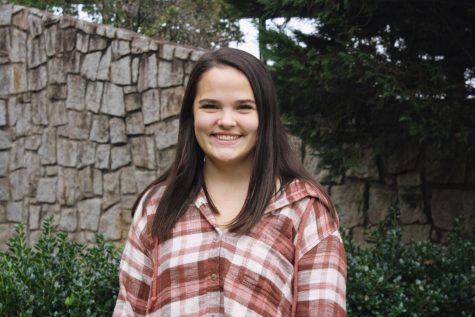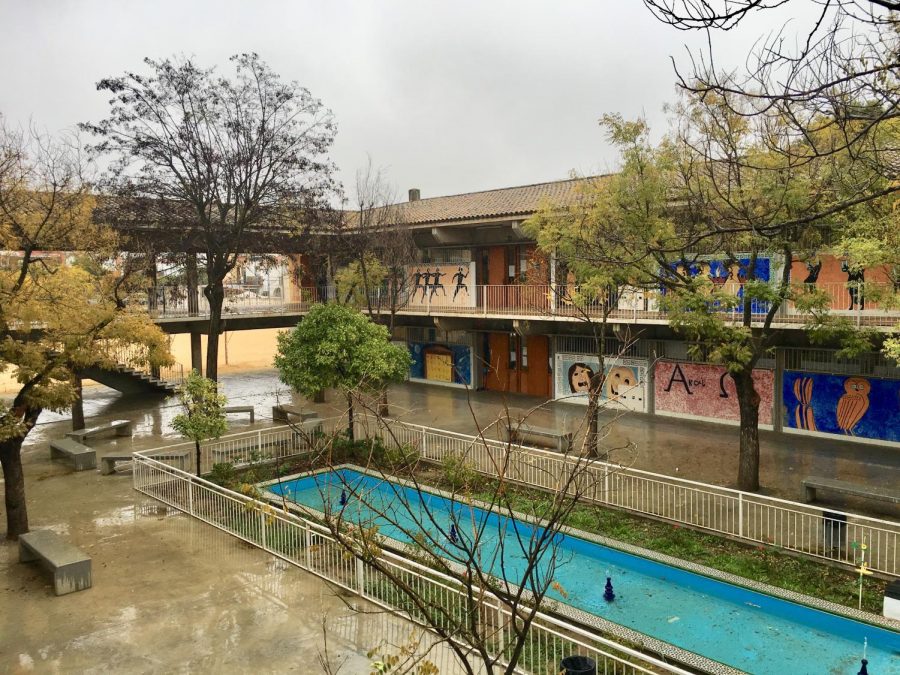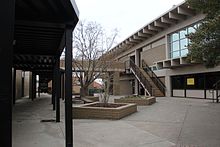Learning Overseas
Imagine having only six tests in every class per year, lunch after school, and staying in the same classroom for most of the day. At Etowah these things sound foreign, however they are a reality for most high schoolers in Spain.
“My favorite part of Spanish school is helping out in English [class] and experiencing a very different type of schedule,” Zoe Starkey, junior exchange student, said.
One of the biggest differences between schools in Spain and Etowah is the fact that students stay in the same room all day while the teachers switch from class to class. There are also no honors or on level classes in Spain. While some students at Etowah can take five AP classes, everyone in Spain take classes on the same level.
“[Having] all on level classes would be much less stressful than honors and especially AP, but I know that I need the honors and AP to push myself to work harder and eventually get into a good college,” Emilie Dudgeon, Etowah junior, said.
Another difference between the United States school system and the Spanish school system is that there is no dress code in Spanish schools. Students can wear tank tops and short-shorts with no consequences. In PE, some girls wear shorts and a sports bra with no shirt. There is a wide spectrum of outfits, from students walking the halls in formal wear to others dressing in sweatpants and a t-shirt.
Though it may seem unusual to those in the United States, the school bathrooms in Spain do not provide toilet paper. Students must bring their own to school. This is because in the past, schools had issues with students shoving all the toilet paper into the toilet until it broke.
In Spain, most schools have a twenty minute break called recreo around 10:30 a.m. where students eat a light snack. Classes are about fifty minutes to an hour long. School gets out about half an hour earlier in Spain than at Etowah, and families eat lunch together after school hours.
“Of course, most people are friendly and help me out whenever they can, but no matter what, I’ll always be a bit of an outsider. And when I say that, being an outsider isn’t a bad thing. I get to look at everyone and everything going on at school, and it’s crazy,” Lilah Gingery, senior exchange student, said.
At Etowah, a teacher might give a pop quiz last minute or announce a test date five days in advance. Spanish teachers release the dates of each test at the beginning of the year. Most classes in Spain only have one or two tests per semester or trimester, which is when the school divides the year into three different parts instead of two.
“I like the idea of scheduled tests and quizzes because that would help me stay more organized, and I wouldn’t have to worry about any pop quizzes or anything like that,” Walt Centers, Etowah junior, said.
Schools in Spain do not offer many extra-curricular activities; instead, students join activities that are not sponsored by the school. In contrast, Etowah offers many different clubs and sports. Some exchange students in Spain continue to practice their sports while studying abroad.
“I’m still rowing at a club here. It was very easy to sign up, and I can use public transportation to get to and from the river,” Starkey said.
Every school has its differences in the same way that every culture is unique. From the tiny differences in the way people do things to the distinctive trademarks in each place of the world, everywhere is special.

Hey! I’m Nicole. I’m the head of staff and an editor. Last year I was an exchange student in Spain, so you’ll notice a lot of my articles are about...






